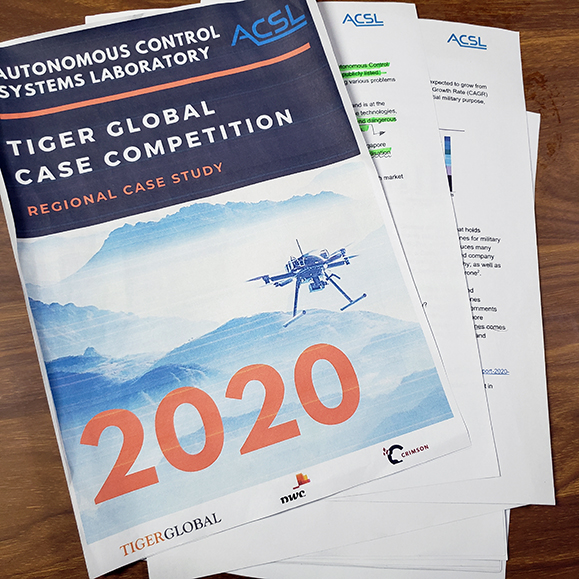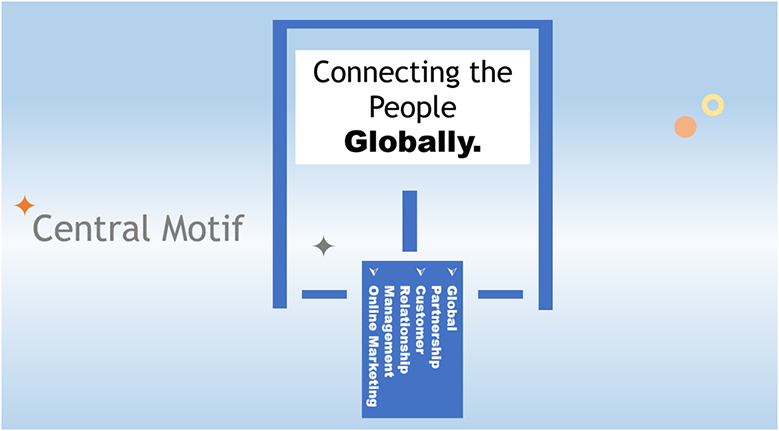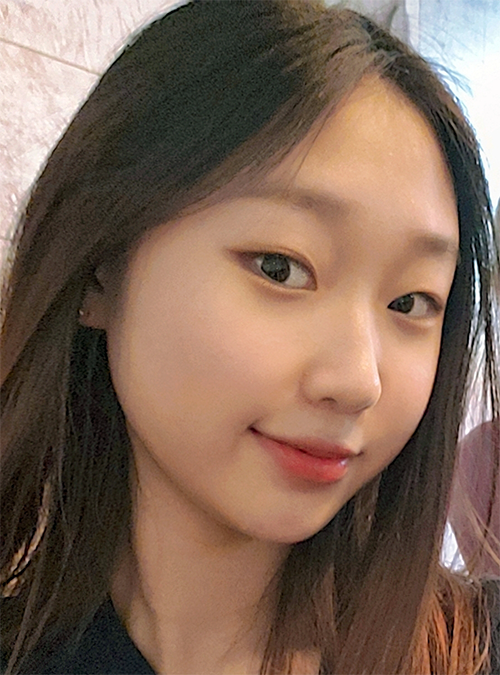The Tiger Global Case Competition (TGCC), in partnership with Tiger Global Management, Crimson Education, and PricewaterhouseCoopers, challenges high school students around the world to develop their creativity and problem-solving techniques as young entrepreneurs. In this high school business case competition, all competitors step into the shoes of management consultants and devise a strategic solution for a current problem faced by a company by identifying and analyzing the real-world business scenario. In its fourth run this year, the competition was held as a completely virtual event for the first time, and I, alongside approximately 2,500 competitors, joined the competition together with a fellow classmate and two other individuals from India.
On September 5, the Regional Case Study was released, and the company of our focus was Autonomous Control Systems Laboratory Ltd. (ACSL), the only publicly listed drone manufacturer in Japan. When I first received the case, I was extremely excited because this was my first time participating in a business and marketing competition. After reading the case study provided by the TGCC, however, I realized that it was more complicated than I’d expected. As management consultants, we had to develop a cohesive internationalization strategy for ACSL, specifically focusing on “what is really needed” for the technology to be implemented in society. It was crucial for us to consider ways in which ACSL could compete with the current incumbents, differentiate itself from other drone manufacturers, enter the market at the right time, pursue potential partners, and proactively manage critical risks it might face in pursuing the strategy. Through the adoption of this strategy, our ultimate goal was to increase productivity, replace as many low-value-added and dangerous operations as possible, and promote societal advancement for future generations.

While tackling this challenge, our team faced several difficulties for various reasons. First, we had to discuss and conduct everything online because two of our teammates, with whom my classmate and I were randomly matched, were in India. The Zoom meetings that we sometimes held lagged on their side due to their poor Wi-Fi connection, and it was more difficult to share ideas and feedback online than offline. Second, while we had a week to work on the Regional Case, we had less than an hour every weekday to actually work on it due to our school-work, other extracurricular activities, and time zone difference. Despite all odds, however, our team managed to cooperate and come up with three strategies under one central motif. After identifying the issue using SWOT analysis and assessing the current situation based on PEST analysis, we proposed a global partnership mechanism, customer relationship management mechanism, and online marketing mechanism.

After we had formed a basic structure for our strategies, we proceeded to make a PowerPoint presentation with a maximum of 10 slides, excluding the appendix and title pages. Because I was designated as the student responsible for submitting our PowerPoint presentation, I felt the burden of responsibility of a leader. Indeed, it was very challenging, but I also believe that this experience has provided me practical skills and insights that helped me to further grow as a leader. Overall, TGCC 2020 was a great chance to explore the intricacies of international business, and furthermore, realize how challenging it is to lead a group online. While the future is never guaranteed, Tiger Global Case Competition 2020 is a worthwhile experience that will surely influence one’s consideration of his or her future career, as it did to me.

Angela Kim
Grade 10
Yantai Huasheng International School

